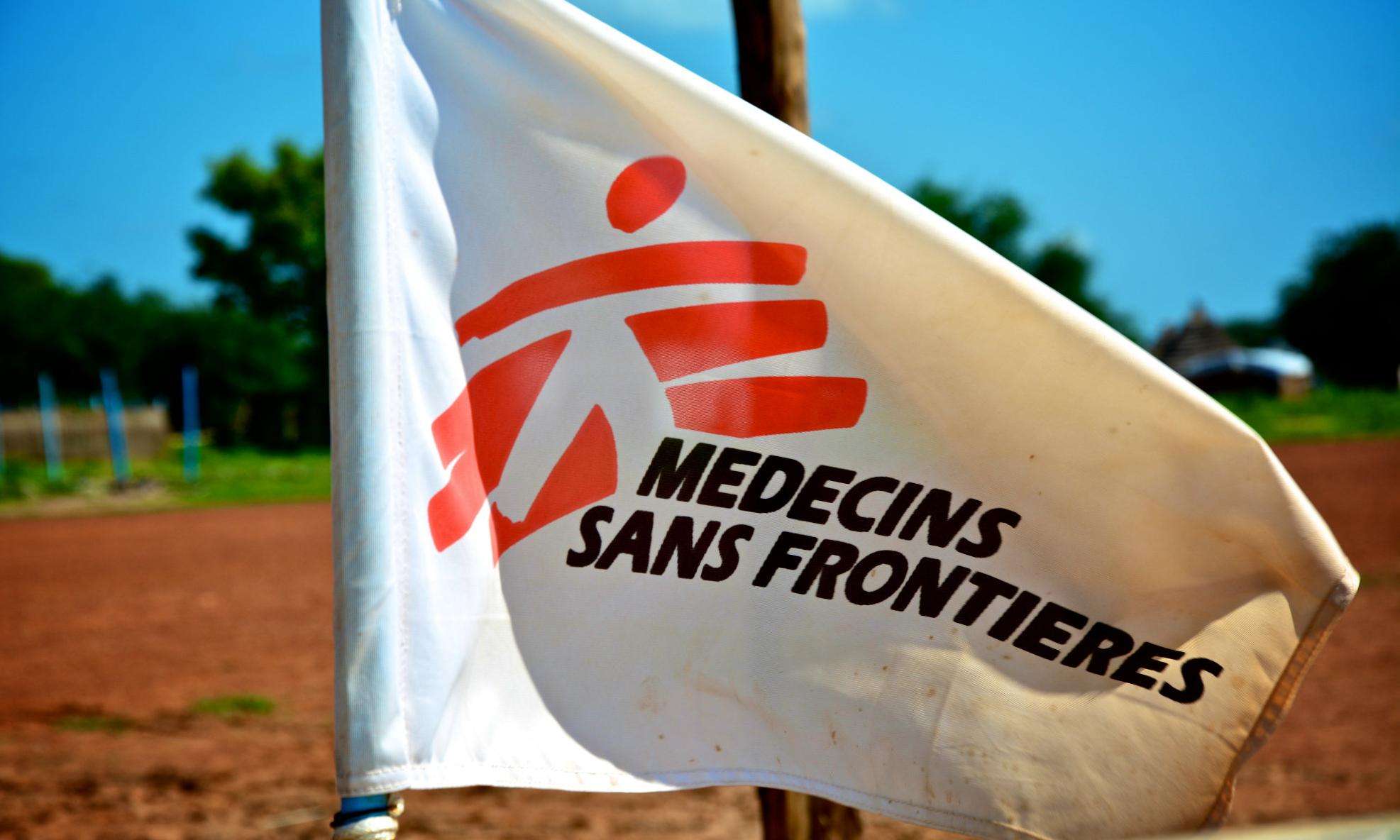AMMAN, JORDAN, DECEMBER 20, 2017—Humanitarian assistance for people living in southern Syria needs to increase significantly, the international medical humanitarian organization Doctors Without Borders/Médecins Sans Frontières (MSF) said today, as it released two reports on the health of people in the war-torn area of eastern Daraa.
Using exclusive data, the reports provide a troubling window onto the health impacts of the Syrian conflict. They reveal how violence has led to the displacement of almost half the population of eastern Daraa in recent years, and highlight dangerous health care gaps for mothers and children in the area, including alarming rates of risky home deliveries and poor antenatal care.
The reports also point to high rates of pregnancy and low rates of family planning use in the area. In addition, the reports show that up to 60 percent of children under the age of five have not received all the required doses of vaccines against preventable diseases. The surveys also found that for nearly half of the households who had lost a family member within 12 months prior to the assessments, the cause of death was a military incident.
The reports are based on two large-scale community health surveys conducted in eastern Daraa towns and cities—an area with a population of about 200,000by MSF teams in July 2016 and May 2017. In each assessment, community health workers interviewed more than 4,000 randomly selected individuals about their health needs and quality of life.
The studies reveal that as the nearly seven-year-long conflict in Syria evolves, health care needs in the region have in some cases become even more acute. This suggests the volume of humanitarian assistance reaching the Syrian people and access for aid organizations is insufficient and must increase significantly to meet growing health care needs.
"We spoke to people whose homes had been damaged—in some cases multiple times—by airstrikes and who are living in vulnerable conditions," said Dr. Ghassan Aziz, health surveillance program manager at MSF's Center for the Advancement of Humanitarian Medicine in Amman. "Our data show women and children have the most difficulty in accessing adequate health care. Humanitarian assistance must be increased, and for people living in southern Syria in particular, the most efficient way of delivering that aid is across borders."
Dr. Aziz pointed out that while the studies' findings reveal areas of concern, health care needs in other parts of Syria are potentially more worrisome.
"Findings from both assessments in eastern Daraa are very representative of the Syrian population in that area," he said. "Unfortunately, we have not been able to reach and assess the situation in other areas affected by the conflict in the same way, and where access to health care might be even more problematic."
Given the scope of health care needs in the surveyed areas, MSF acknowledges the United Nations Security Council's renewal of Resolution 2165 (now known as 2393) that allows humanitarian agencies to continue using routes across conflict lines and border crossings to deliver aid into Syria.
Yet even with the cross-border framework in place, humanitarian organizations are struggling to provide assistance to 13.1 million Syrians in need of aid, including 6.1 million internally displaced and 3 million living in besieged areas.
MSF is not currently present in government-controlled areas in Syria, despite requesting access from Damascus. The organization is concerned about the lack of alternatives to cross-border assistance, as deliveries from the Syrian capital continue to be limited while the needs remain high.
"The cross-border delivery of aid remains a vital lifeline to millions of Syrians, and is essential to MSF's efforts to meet the needs in southern Syria," said Aitor Zabalgogeazkoa, head of MSF's Middle East Unit and Center for the Advancement of Humanitarian Medicine.
During 2016, in facilities directly run or managed by MSF and mobile clinics across Syria, 372,000 outpatient consultations were provided, 5,300 medical relief kits were distributed, and 2,000 births were assisted. Other facilities that are assisted through MSF's support programs, where MSF staff are not present on the ground, provided a total of 2.2 million outpatient consultations, 770,000 emergency room consultations and 225,000 surgical operations. MSF is not present in government-controlled areas in Syria, despite repeatedly requesting access from Damascus. MSF continued to support health services across Syria through the use of cross-border routes.




